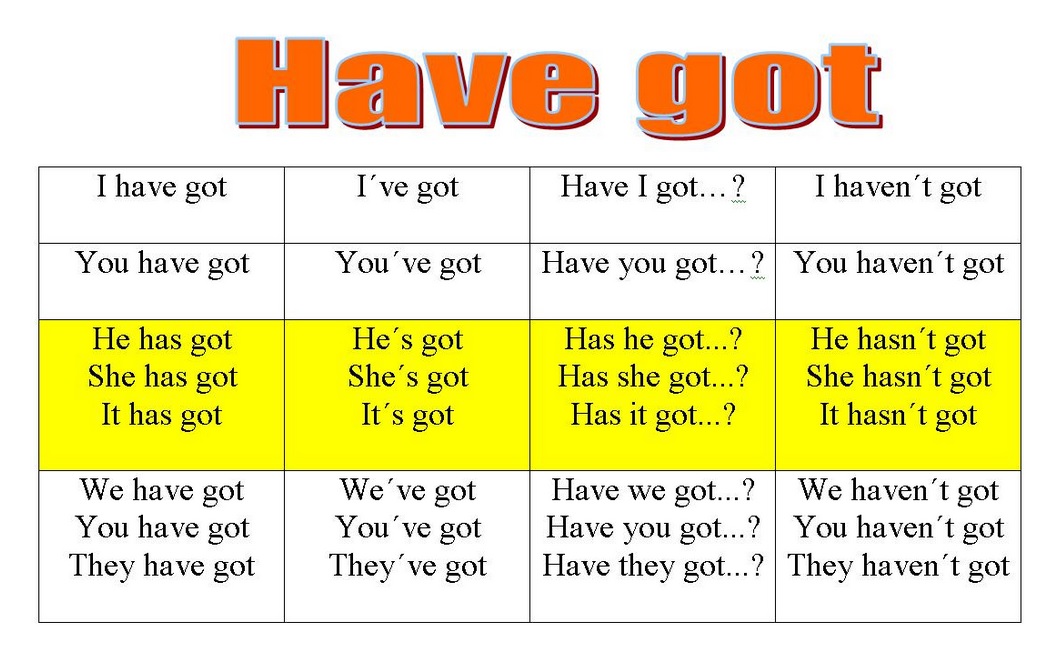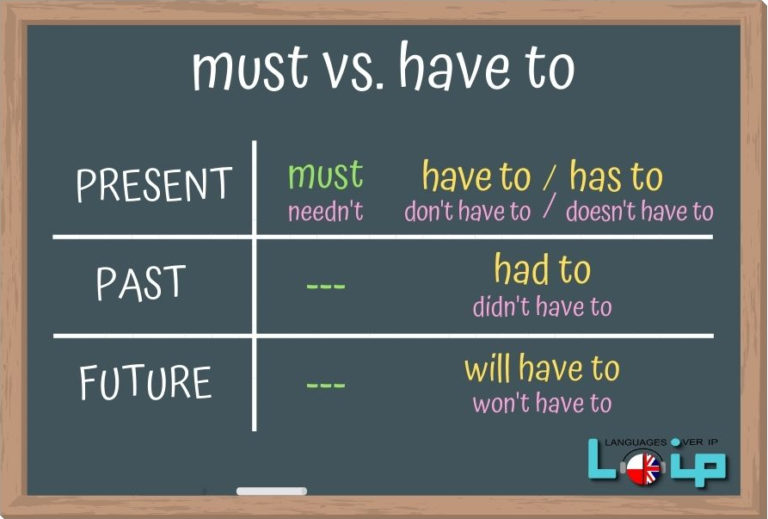
have been vs has been Kiedy i jak używamy? ELLA
To have and to hold, or to has and to hold? Find out which form to use in tricky situations such as present perfect tense and possession.

Tylko zad 6,7 prosiłybym Brainly.pl
Whenever you use "he or she" you are using the third person singular so you would have to use has or had in those cases. She has been working for that company for 2 years. He has been studying English for a year. As for the other examples you could have to use has. She has a wallet.

have been vs has been Kiedy i jak używamy? ELLA
The reason why "everyone has" is correct while "everyone have" is incorrect. Logically speaking, "everyone" is used to refer to more than one person, which is why most beginners' first instinct is to assume that "everyone" is a plural pronoun. And, if you follow this line of reasoning, you might think that it should be.

Obejrzyj He Has Czy He Have Najnowsze Pytania i odpowiedzi
Regardless of whether the referent of "you" is singular or plural, the correct sentence is: It is you who have taken the garbage out. See: "Verb is inevitably governed by the subject; In the case of a Relative Pronoun; it is to be governed by the antecedent of the relative pronoun." It is you [singular antecedent but taking the common second-person agreement] who [relative pronoun] have.

Escuela N° 16 DE 14 Adultos Un verbo nuevo Have Got / Has Got
you (all) have. 3rd person: he, she, it, they. he/she/it has. they have. You'll notice that the only subject you should use "has" with is third person singular (he has, she has, it has). You should use "have" everywhere else. The subject "Al and Sue" is third person plural (the same as "they"), so use "have." Al and Sue have purchased a new home.

Obejrzyj He Has Czy He Have Najnowsze Pytania i odpowiedzi
Using "Has" or "Have" To Indicate Possibility. Have and has can be used with other verbs to indicate something that hasn't happened yet. The formula for this type of sentence is: [subject] + [have/has] + ["to" infinitive form of the verb] + [complement] For example: I have to study if I want to pass the exam.

Have czy Has jak i kiedy używać? Ingless.pl
Each boy and girl receives a toy Each boy and each girl receives a toy. If the word "each" comes after a plural subject, use the plural verb If a pronoun comes before EACH, use the plural - EACH HAVE Each of us has a car (Every one of us) We each have a car (We all have) The answer is: Helpful ( 0)

Informacje She Have Czy She Has WięCej Pokój dyskusyjny
This depends on the subject of your sentence. Remember, we only use "which" with non-human subjects. If it is a singular subject, use which has. If it is a plural subject, use which have. Plural: Watches, which have always been used to tell the time, now have many other purposes.

Have czy Has? Jak używamy? Gramatyka angielska ELLA
Quiz: Have or Has. This is a beginner-level quiz containing 18 multichoice practice questions from our 'verbs and tenses' quiz category. Simply answer all questions and press the 'Grade Me' button to see your score. This exercise is also available as a printable worksheet. Online Quiz.

Have Got Has Got Konu Anlatımı Have Has Kullanımları ve Örnekleri
Our dog (have/has) white fur. I (have/has) three siblings. He (has/have) a cool smartphone. The cat (have/has) caught a fast mouse. Trevor (have/has) a new skateboard. Recap of has vs. have. Understanding the difference between "has" and "have" is crucial for accurate communication in English.

Have czy have got? Po Cudzemu 164 YouTube
Use "has" with the subjects " he," "she," "it," a name or a singular noun. Use "have" with the subjects " I," "you," "they," "we," a plural noun or multiple subjects. An exception to this would be if you're making a question or negative statement in the present tense. In that case, you'll always use.

Obejrzyj He Has Czy He Have Najnowsze Pytania i odpowiedzi
Have Been vs. Has Been vs.Had Been: How to Use Each One Correctly. The verb phrases have been, has been, and had been all have closely related meanings. That similarity may at times lead to confusion about the right time to use each construction. In today's review we will discuss the differences among the phrases so you can use each one correctly when you are speaking or writing.

Kiedy must, a kiedy have to? Loip Angielski Online
Have czy Has? Czasownik to have oznacza „mieć", ale może być również używany w zdaniach jako tak zwany czasownik posiłkowy (auxiliary verb). Forma to have czasownika to forma bezokolicznika . Czas, w którym używamy czasownika to have jako czasownika posiłkowego to Present Perfect. Odmiana czasownika to have.

Какая разница have vs have got (has got) правило YouTube
Even though "have" and "has" come from the same verb "to have," there are slight differences in the way they're used. Read about how to use them here.

HAVE czy HAVE GOT? YouTube
The OP's question involves the topic of interrogative pronouns (e.g. "who" and "what") and the question of whether they could be considered to be singular or plural. In general, the interrogative pronoun "who" takes the default value of singular; and when it does take the value of singular, its question can allow both singular and plural answers.And so, that's why we often see questions using.

Have czy Has? Jak używamy? Gramatyka angielska ELLA
BE is the only verb which has three different forms in the present and two different forms in the past. The odal verbs can, may, shall and will have only one form in the present and one form in the past. The modal verb must has only one form. All other verbs have. two forms in the present: a plain form for all persons and numbers except 3rd.